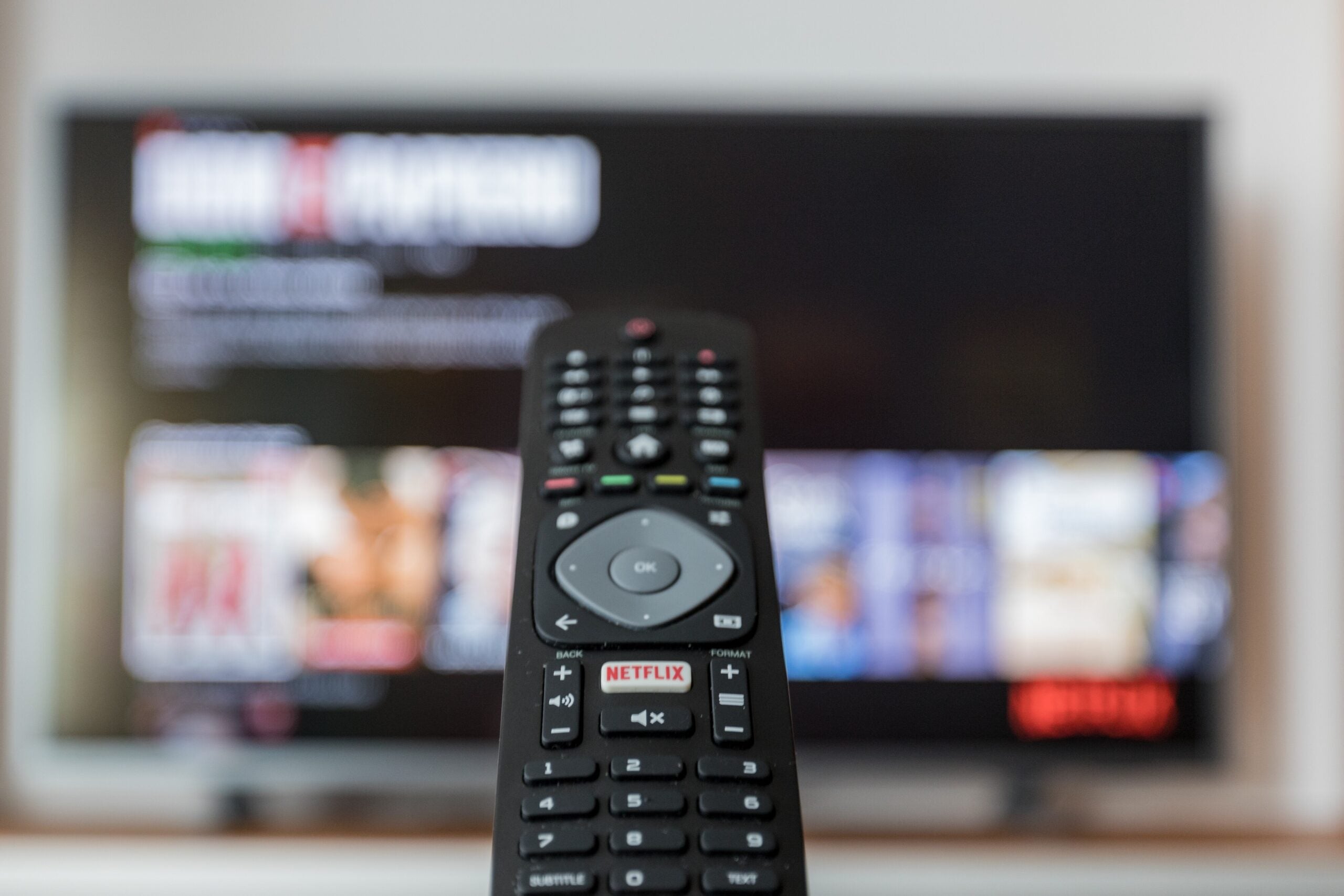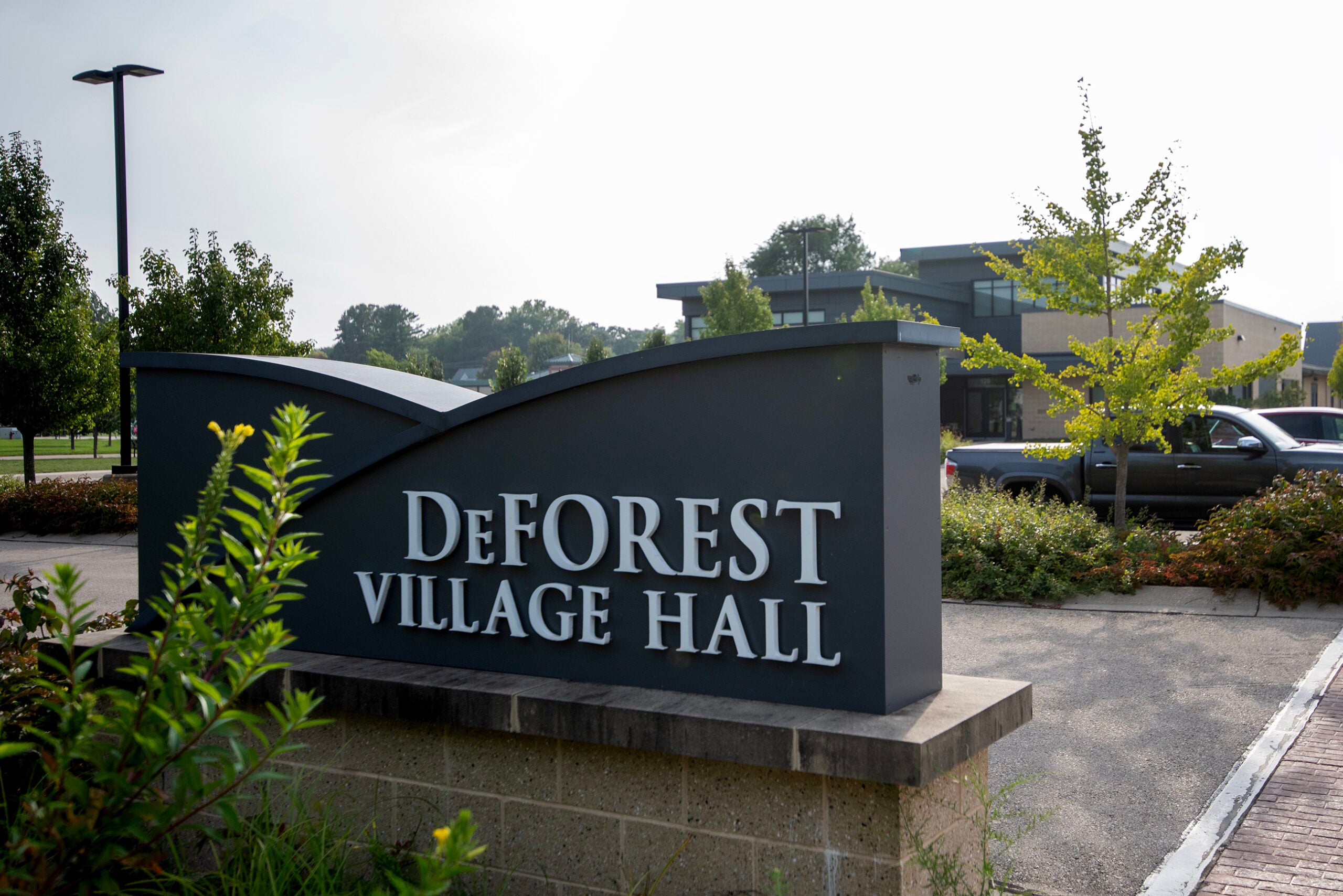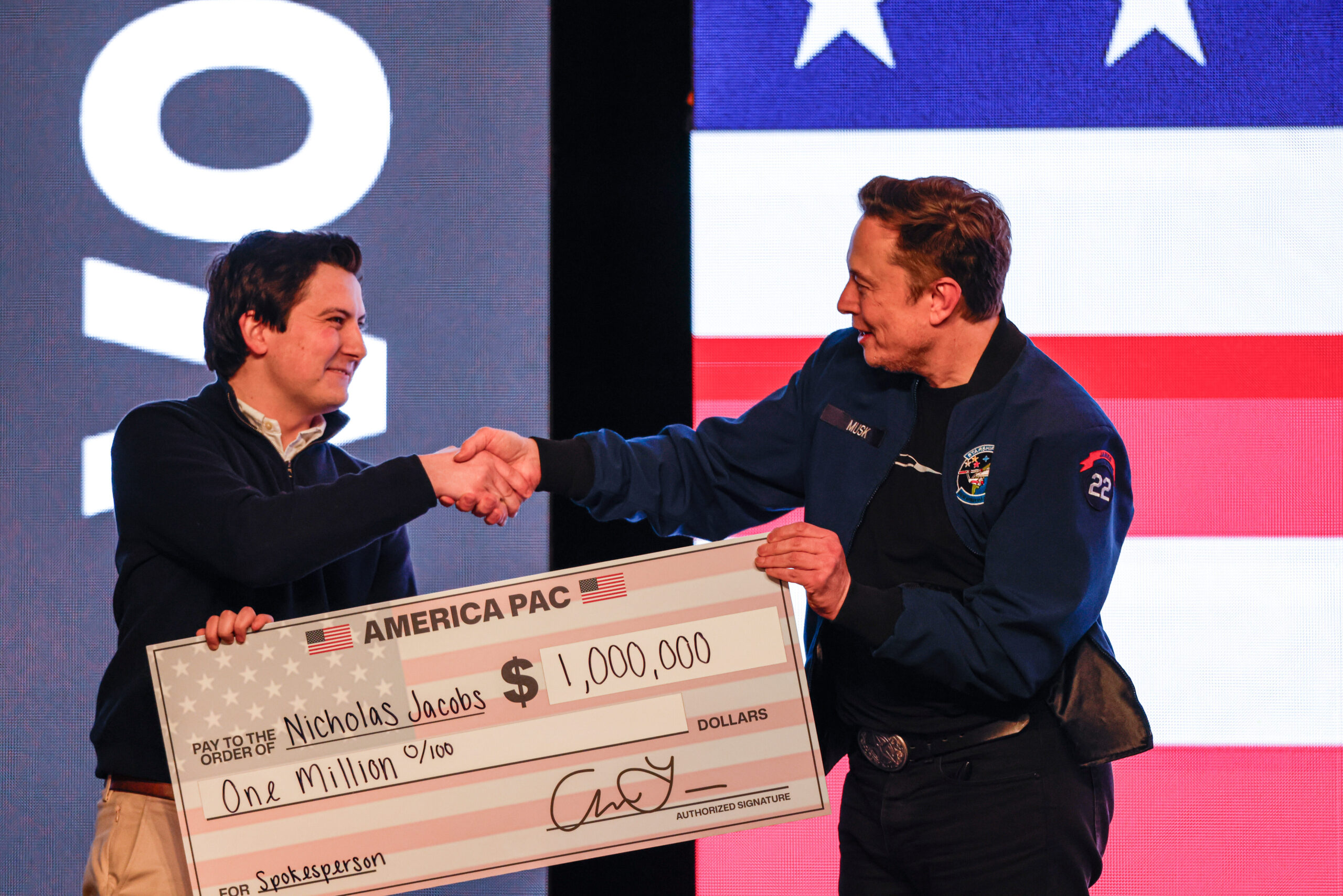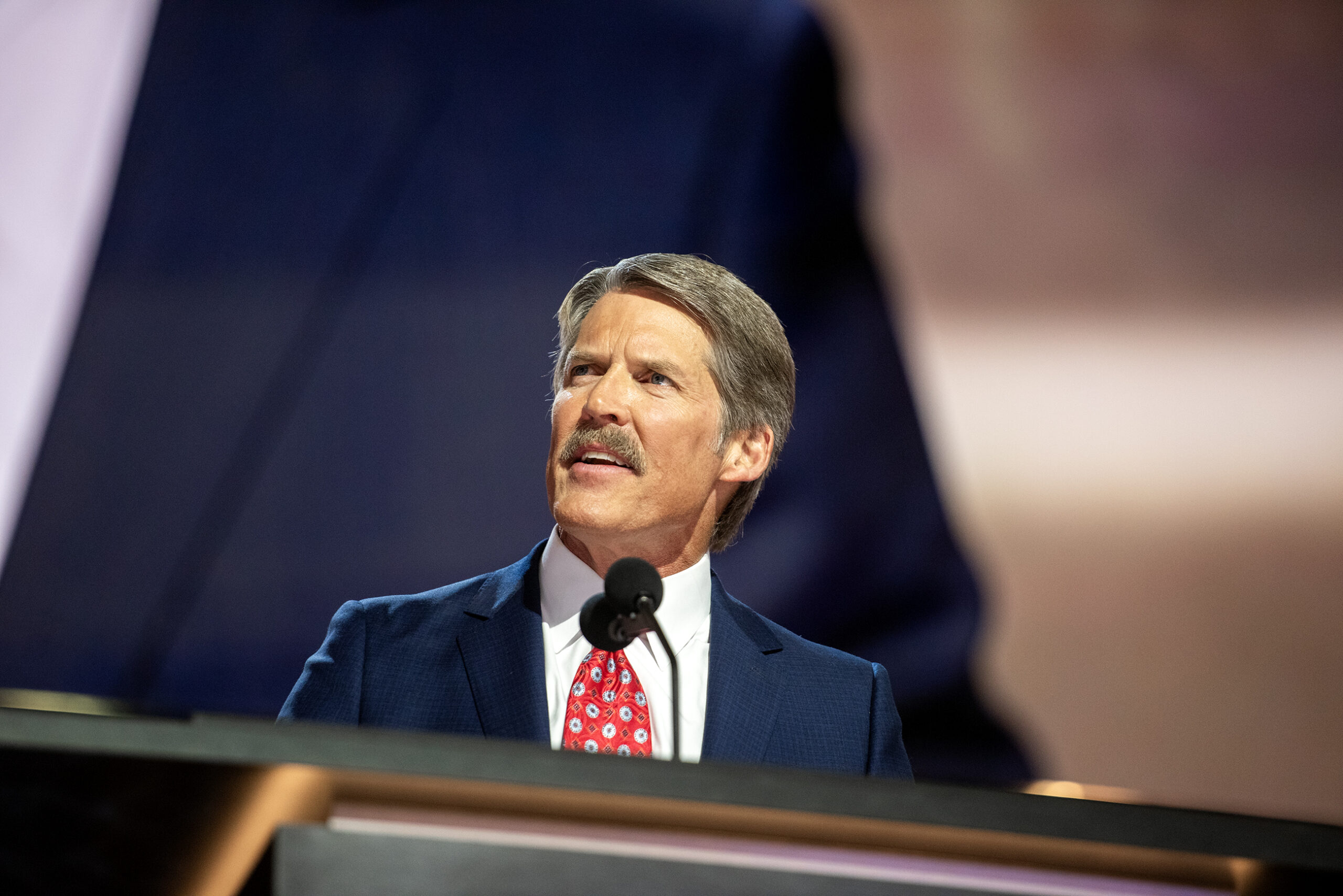WisconsinEye, a statewide public affairs network that broadcasts government proceedings and policy-oriented interviews, has called for campaigns to stop using its footage in negative advertisements.
The network reminded campaigns of its longstanding policy forbidding using its content in negative ads earlier this summer, and last week, specifically denounced an ad from U.S. Sen. Tammy Baldwin’s campaign for how it used footage of her Republican opponent, Eric Hovde.
Federal “fair use” law allows for some repurposing of copyrighted material. But WisconsinEye President Jon Henkes argued that using snippets from WisconsinEye out of context violates their terms of service prohibiting using the content for political purposes.
News with a little more humanity
WPR’s “Wisconsin Today” newsletter keeps you connected to the state you love without feeling overwhelmed. No paywall. No agenda. No corporate filter.
“I don’t want anybody believing that WisconsinEye is complicit — regardless of the party of your candidate — complicit in a negative advertisement,” Henkes said.
In a July press release, Henkes reminded campaigns of the policy, arguing that violations cause the network to be “accused of, or assumed to be, directly assisting political campaigns and candidates.”
Fair use questions legally complex
Legal experts say fair use questions can be complex. Broadly speaking, copyrighted material can be repurposed in certain ways, like for journalism, scholarship and some creative usage. For example, a critic can quote from a movie in their review, or musicians can sample from one another. But there are frequent challenges to what makes that usage fair, rather than a violation of copyright.
BJ Ard, a copyright expert at the University of Wisconsin Law School, said four factors determine whether the material is being used fairly. That includes the purpose and character of the use, the nature of the work being copied, the amount and substantiality of the work being copied and the market impact of the copying.
“There’s not a specific rubric spelling out which of these factors takes priority,” he said.
The law can get tricky in this area, he added, because the First Amendment means that a person can make a good argument that they have to use other people’s copyrighted work to freely express themselves.
“So merely the fact of there being something like a denial of permission or some terms of service is not the sort of thing that I would see as” automatically canceling out fair use concerns, he said.
“There are definitely arguments that could be made on either side of this issue,” Ard added.
Regardless, Henkes argued, using his network’s footage in negative ads violates the “mission and … work” of the network.
“To take a piece of video out of context, a small snippet or sound bite — a quick hit, if you will — and use that as the primary piece in a campaign message, really is a violation of the spirit of WisconsinEye,” he said.
The Baldwin campaign declined comment.
The advertisement in question uses footage from an interview Hovde did with WisconsinEye in 2012, when he last mounted a U.S. Senate campaign. In that interview, he made comments about how the risks of performing certain forms of labor have changed over time.
“Look, we’re not having to deal with as many issues as we did in the past. We don’t engage in hard labor like we did, we don’t have as many accidents on the job,” Hovde said at the time. “Think of farming. Look at the old physical toil that it would take on your body. Now you’re largely driving around on a tractor.”
The Baldwin campaign ad made use of that footage to argue that Hovde has devalued the work ethic of farmers.
WisconsinEye is a nonprofit that has also received state funding. Last spring, a bipartisan group of lawmakers approved a $10 million grant to match private donations, with a goal of establishing a permanent endowment.
Wisconsin Public Radio subscribes to the service for purposes of reporting.
Wisconsin Public Radio, © Copyright 2025, Board of Regents of the University of Wisconsin System and Wisconsin Educational Communications Board.







